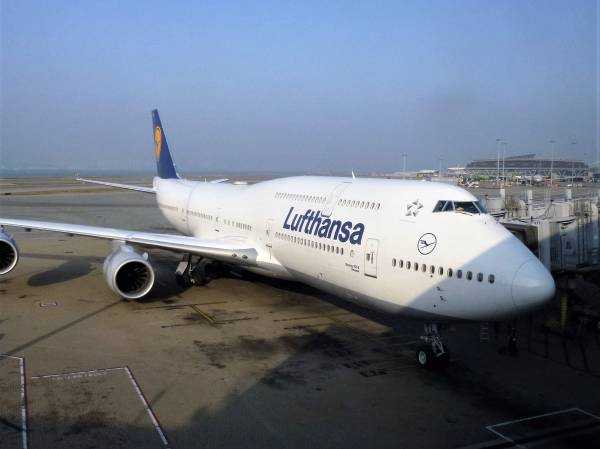
In April, Sergey Voytovich, CEO of the company “Svoy TS”, which owns its own hotel booking system for travel agencies SvoyHotel, approached the Ministry of Culture with a proposal to ban the service’s activities in Russia. He believes that banning Booking.com’s activities in the Russian Federation could become one of the countermeasures to US sanctions. In his opinion, such a ban would help the activities of Russian companies in the hotel booking market. Currently, the Booking.com service owns 70% of the market, and similar Russian systems cannot compete with it.
On Wednesday, Rostourism sent requests to relevant public associations with a proposal to assess the possibility of restricting Booking.com's activities in Russia and the consequences of this step for the market. However, after information about this appeared in the media, Olga Yarilova, director of the Department of Tourism and Regional Policy of the Ministry of Culture, stated that she "does not have the authority to prohibit the use of the Booking.com service, nor does she have plans to regulate its activities in any way on the territory of the Russian Federation." And she is "categorically against such a formulation of the issue in principle."
According to her, the letter was sent to Rostourism as the relevant agency in accordance with the procedure for reviewing appeals from Russian citizens in order to prepare a response, and this is a standard technical procedure.
Competitors vs.
"From the point of view that Booking.com is a very strong competitor for us, I am, of course, for it. We support the exclusion of any competitor from business. However, these are not entirely correct and adequate measures. A ban is only possible if Booking.com violates the norms and laws of the country, now this is not entirely correct. This can spin the flywheel, this will lead to negative consequences," says Alexander Kurnosov, Deputy General Director of Academservice, which owns the Acase.ru hotel booking system.
His colleagues from the resort housing rental service Tvil.ru agree with him.
"Booking is, of course, a competitor for us. In Crimea, we work with owners of resort housing. If Booking.com bans them for some reason, they come to us, and vice versa. But we advocate healthy competition in the market. This ban will not lead to anything good," a representative of the service told the Interfax-Tourism portal.
There will be no void in the market
At the same time, the PR director of the hotel search service Aviasales, Janis Dzenis, believes that Russians will not stop booking hotels if the American service leaves.
"Aviasales (as in the case of flights) searches for hotels in a huge database of agencies. Among them are foreign booking services and Russian ones. There is an alternative, we have always talked about this. I very much doubt that the planned bans will zero out online hotel bookings," he said.
A representative of Tvil.ru noted that hoteliers estimate the share of bookings made through Booking.com as the largest on the market.
"Hoteliers say that of all online services, Booking brings in the largest volume of clients. But this does not mean that it should be banned. We believe that the market is large enough, and there is enough space for everyone - both foreign and Russian services," he emphasized.
Foreign wrestling practice
Booking.com is the world's largest hotel booking service, founded in the Netherlands in 1996. In 2005, it was acquired by the American company Pricelines Group, which was renamed Booking Holdings in 2018. It also controls the Kayak and Agoda services.
Every day, more than 950,000 overnight stays in hotels and other accommodations around the world are booked on the Booking.com website, which is translated into 42 languages. Previously, complaints were repeatedly filed against the service in various countries. For example, in France, the site was accused of price pressure on hotels and violation of antitrust laws. Similar accusations were made in Germany, Switzerland, Italy, and Sweden.
In March 2017, an Istanbul court decided to ban access to the Booking.com service in Turkey following a lawsuit filed by the Turkish Travel Agencies Association. The formal reason for this step was the service's management's violation of the local competition law, which led to complications in the activities of Turkish travel agencies. At the same time, the decision to block the service followed shortly after a scandal when the Dutch authorities did not allow the plane with Turkish Foreign Minister Mevlut Cavusoglu, who was planning to attend a rally in Rotterdam, into the country. Earlier, Booking.com was fined in Turkey for approximately $700 thousand, also for violating the competition law.
Source: tourism.interfax.ru












